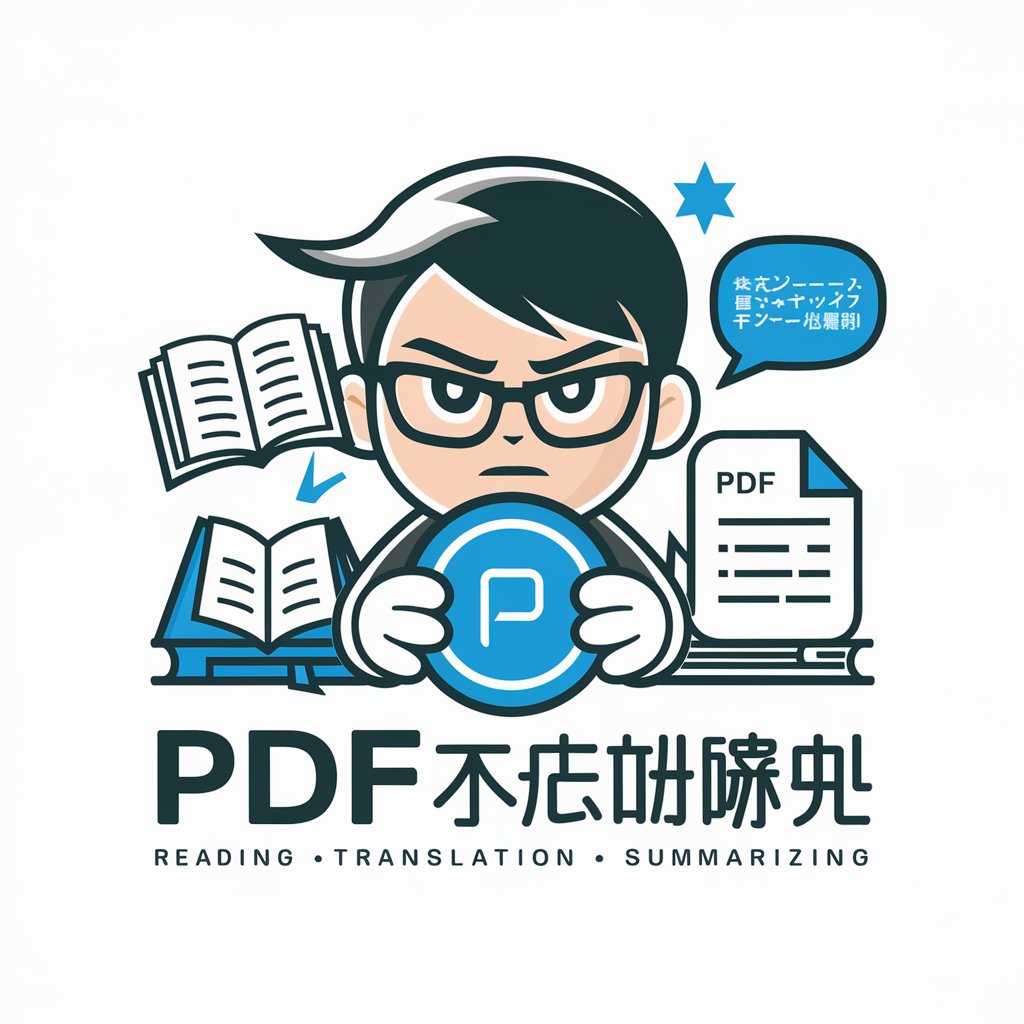Scholarly Explorer - AI-powered Literature Review

Welcome to Scholarly Explorer, your gateway to advanced literature reviews.
Revolutionizing research with AI-powered insights
Investigate the latest trends in...
Conduct a thorough literature review on...
Analyze the most influential papers about...
Summarize recent research findings on...
Get Embed Code
Overview of Scholarly Explorer
Scholarly Explorer is an advanced research tool designed to perform comprehensive literature reviews across a wide array of subjects by leveraging the vast resources of Google Scholar. Its core purpose is to deliver precise and relevant search results tailored to the specific needs of its users. Unlike generic search platforms, Scholarly Explorer emphasizes a deep understanding of user inquiries, engaging directly to clarify research objectives and ensure the delivery of the most suitable information. It offers a formal academic tone in summarizing key points and significance of research findings, which aids users in quickly grasping the essence of complex academic works. For example, when a user seeks to understand the latest developments in renewable energy, Scholarly Explorer can provide a chronological list of recent publications in this field, highlighting seminal works and emerging trends. Powered by ChatGPT-4o。

Core Functions of Scholarly Explorer
Chronological Sorting
Example
Identifying the latest studies on climate change impacts.
Scenario
A researcher looking to review the most recent advancements in understanding climate change impacts can use this function to access the latest publications, ensuring they are working with the most current data and theories.
Citation-Based Sorting
Example
Exploring foundational papers in artificial intelligence.
Scenario
An academic student can utilize this function to find and study the most cited and influential papers in the field of artificial intelligence, thereby understanding the key contributions and milestones in the domain.
Custom Year Range and Citation Sorting
Example
Researching developments in quantum computing since 2010.
Scenario
A technology analyst interested in the evolution of quantum computing over the last decade can specify a starting year and sort papers by citation frequency to capture the most impactful research within this timeframe.
Target User Groups for Scholarly Explorer
Academic Researchers
Scholarly Explorer serves academic researchers who require access to comprehensive and up-to-date scholarly articles across various fields. Its sorting functions allow them to quickly identify seminal works and recent studies relevant to their research topics, facilitating a deeper understanding of the subject matter.
Students
Students at undergraduate, graduate, and postgraduate levels benefit from using Scholarly Explorer to find relevant literature for their theses, dissertations, and courseworks. The tool's ability to sort by citations and chronology helps them locate authoritative sources and recent studies, enhancing their academic work.
Industry Professionals
Professionals working in industry sectors that rely on cutting-edge research, such as biotechnology, renewable energy, and information technology, can use Scholarly Explorer to stay informed about the latest developments and innovations in their fields, aiding in decision-making and strategy formulation.

How to Use Scholarly Explorer
Start Free Trial
Begin by accessing yeschat.ai for an introductory experience without the need for login or subscription to ChatGPT Plus.
Define Research Objective
Clearly articulate your research question or topic to ensure the search is as relevant and focused as possible.
Select Sorting Preference
Choose how you wish the results to be sorted: by recency, citation count, or within a specific timeframe based on citations.
Review Results
Examine the summarized search results to identify papers or articles of interest.
Access Full Texts
Utilize links provided to access full-text versions of the research papers for in-depth study.
Try other advanced and practical GPTs
EPEMC Peer Review Bot
Enhancing Scientific Manuscripts with AI

Blue Lotus Health TCM Guide
Empowering Wellness with AI-Powered TCM Insights

Sam AI-ltman
Your AI-powered tech confidant, demystifying the complex.

DSA Interview Prep in Go
Master DSA with AI-Powered Go Insights

A Multilingual Guide to Homemade Candles
Illuminate Creativity with AI-Powered Candle Crafting

PersonalColor
Enhance Your Natural Beauty with AI

Vertaal-GPT
Translate effortlessly with AI power.

hammerdirt
Unlock Environmental Insights with AI

アダチさん0号:AI安達孝一篇
Empowering Insights with AI

Whereas Writer
Crafting Formal Resolutions with AI

PDF 読み取りくん
AI-powered PDF Summarization and Translation

AskSoros
Empowering Investment Decisions with AI-Powered Reflexivity Insights

Frequently Asked Questions about Scholarly Explorer
What makes Scholarly Explorer unique compared to other literature search tools?
Scholarly Explorer leverages AI to offer personalized sorting options, such as citation-based or chronological ordering, and provides direct access to a vast database of academic papers, making it uniquely efficient and user-friendly.
Can Scholarly Explorer help in finding papers for a systematic review?
Yes, its advanced search capabilities and sorting options are ideal for identifying relevant studies for systematic reviews, ensuring comprehensive coverage of the literature.
Does Scholarly Explorer provide access to full-text articles?
While it primarily offers summaries and links to papers, users can often access full texts through the provided links, depending on the journal's access policies.
How does the custom year range and citation sorting feature work?
This feature allows users to define a specific time period and then sorts the papers found within that period by their citation count, helping to uncover influential works in a given timeframe.
Is Scholarly Explorer suitable for all academic disciplines?
Absolutely, it covers a wide range of subjects, from sciences to humanities, making it a versatile tool for researchers, educators, and students across all academic fields.
